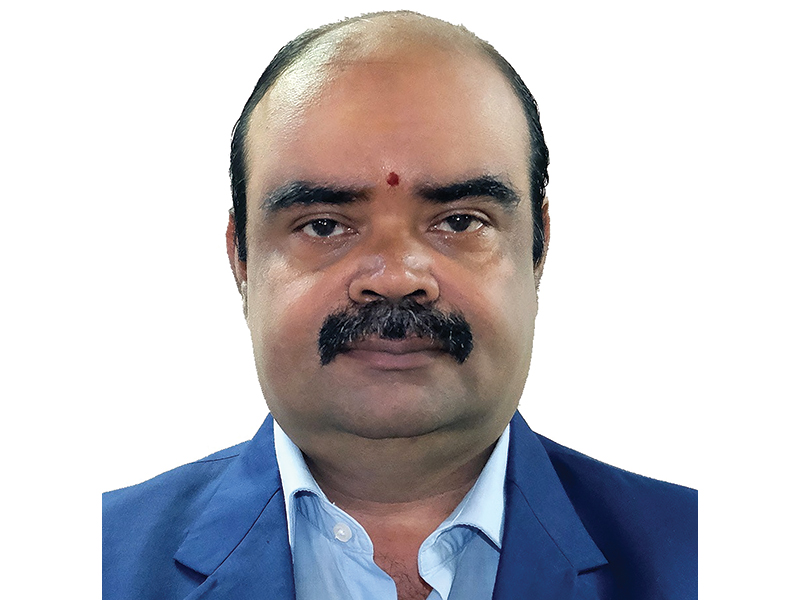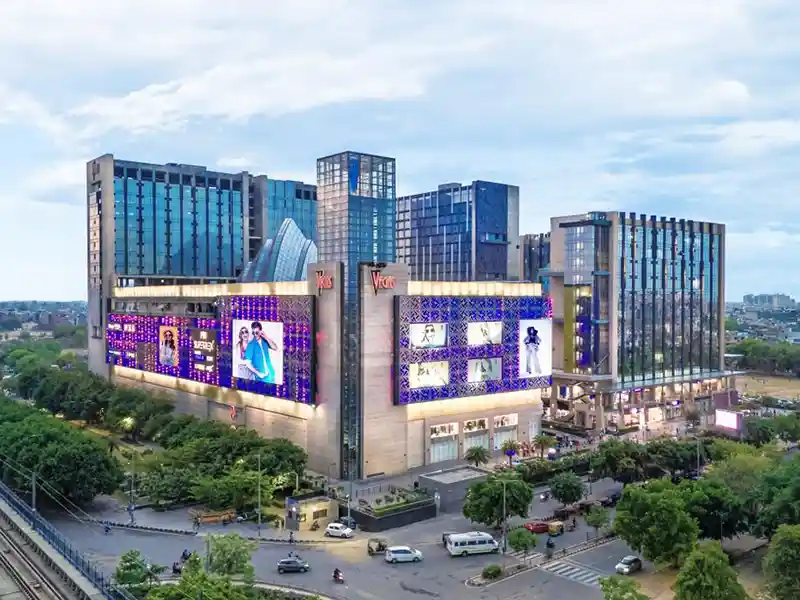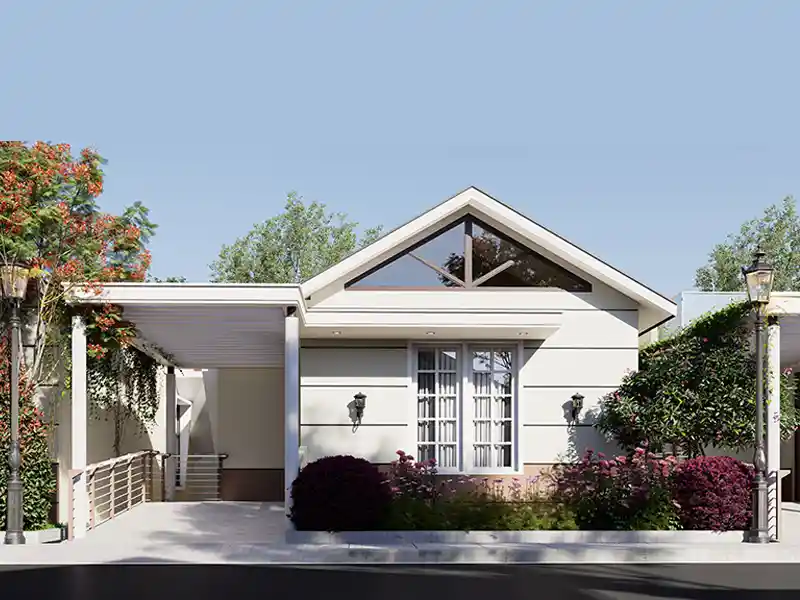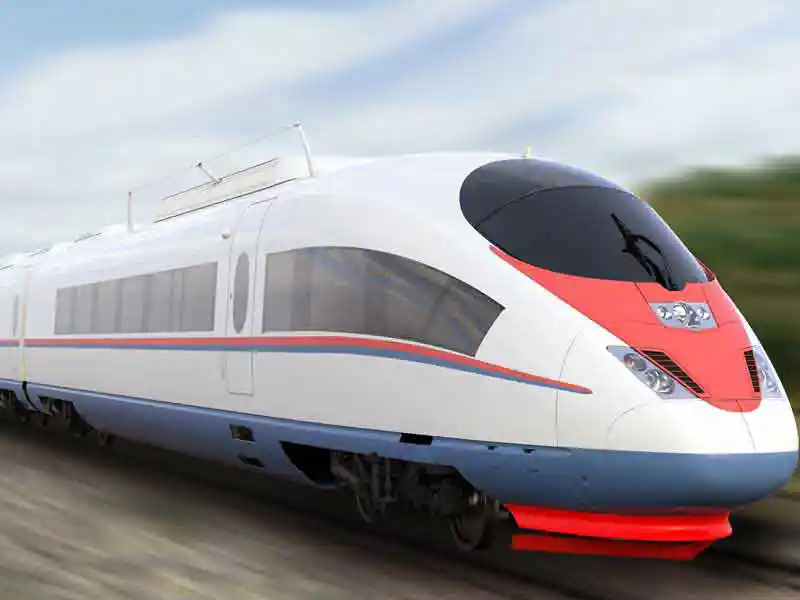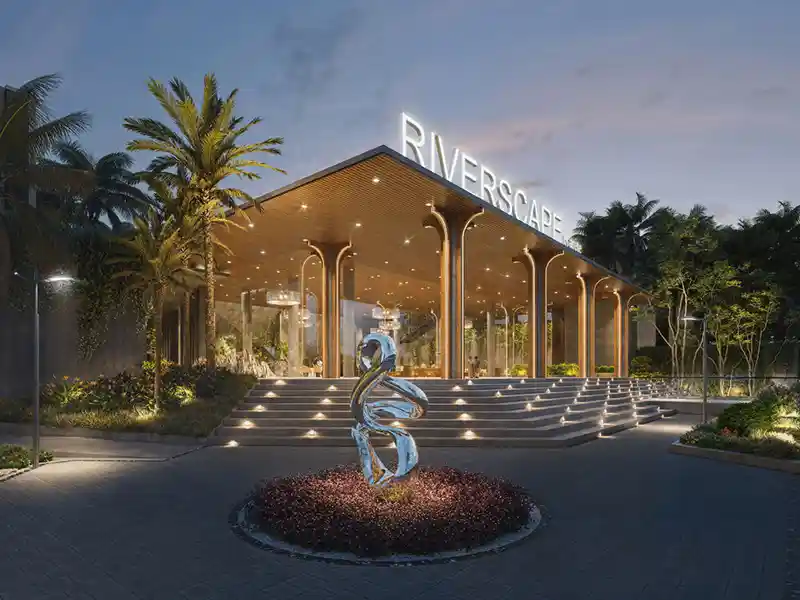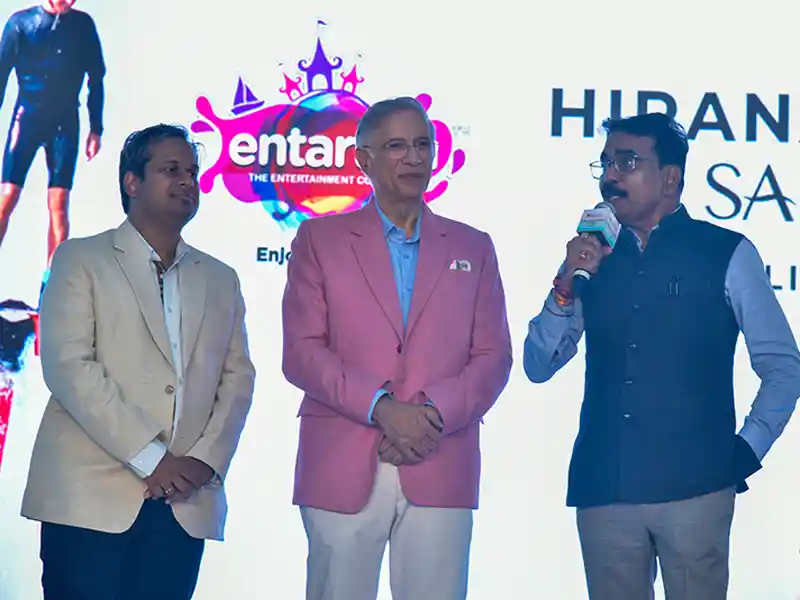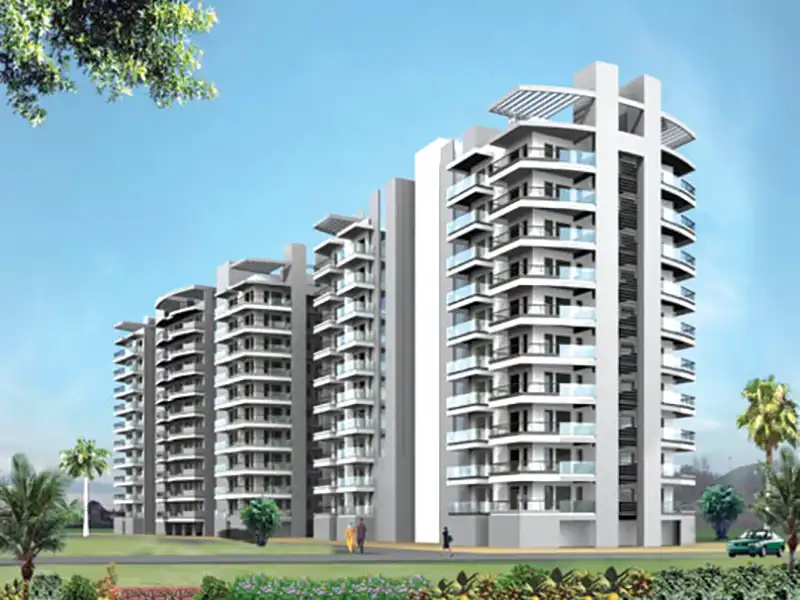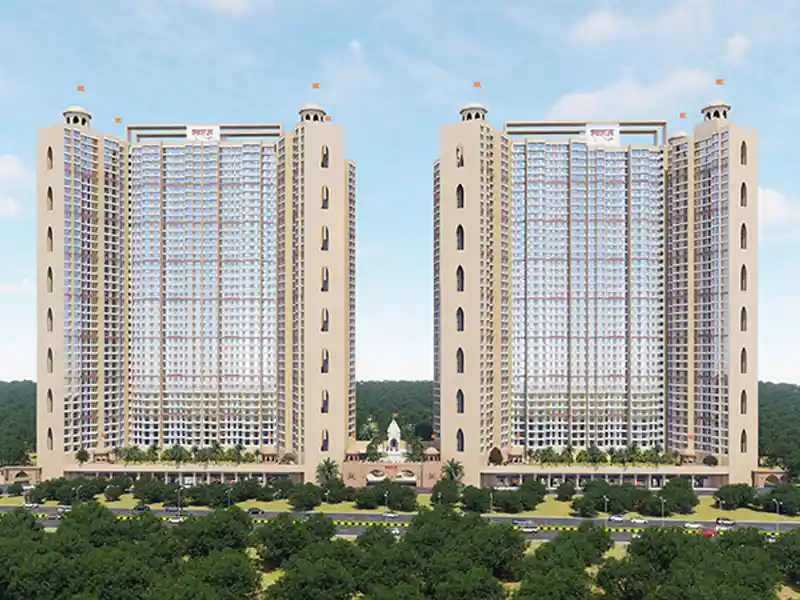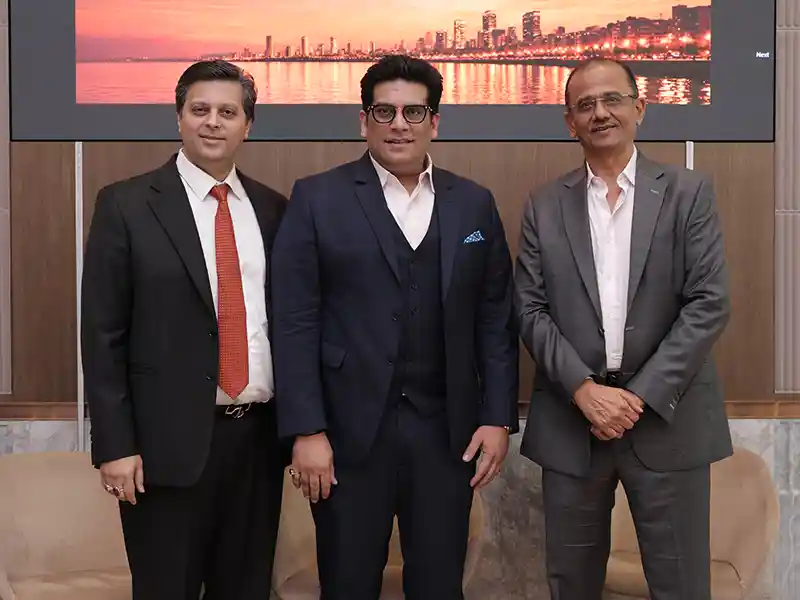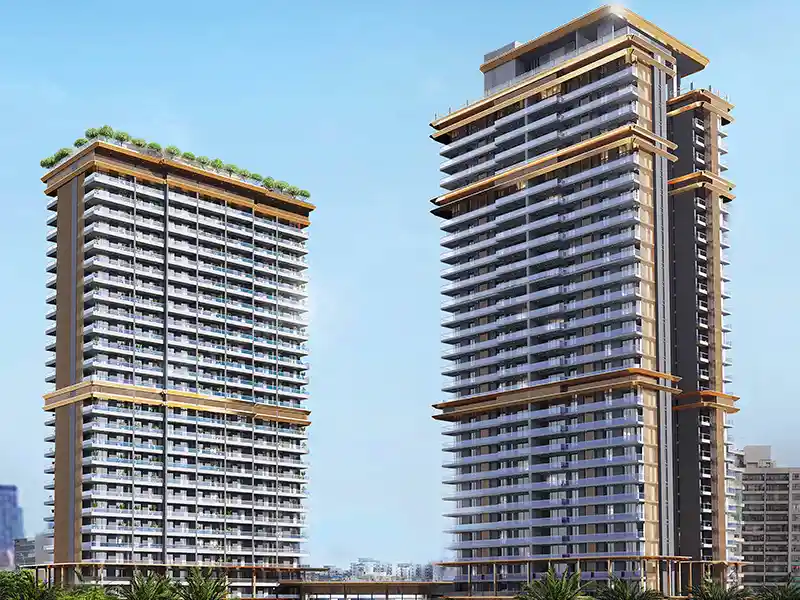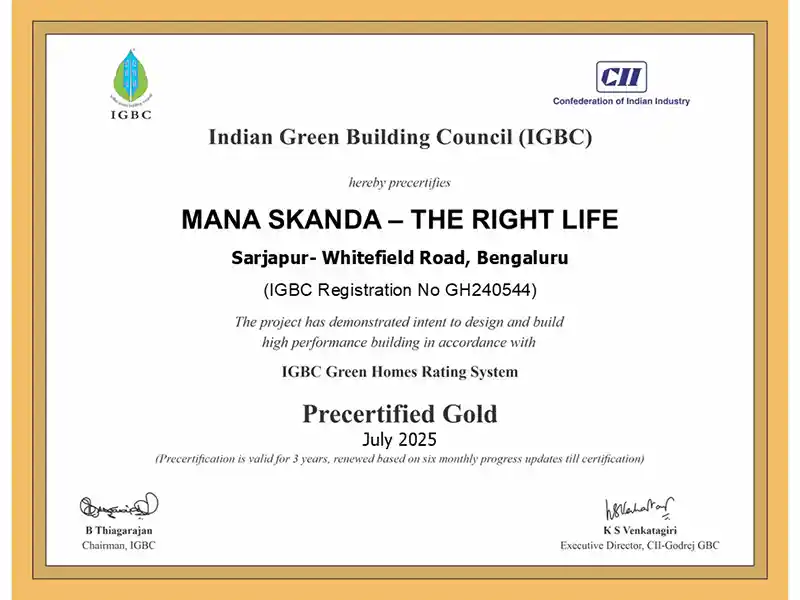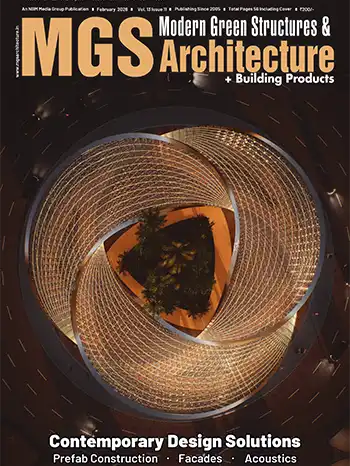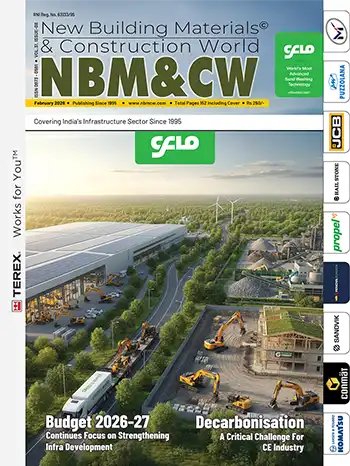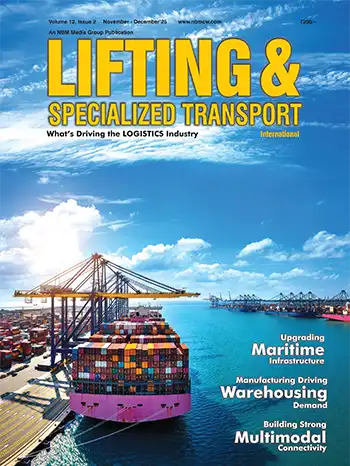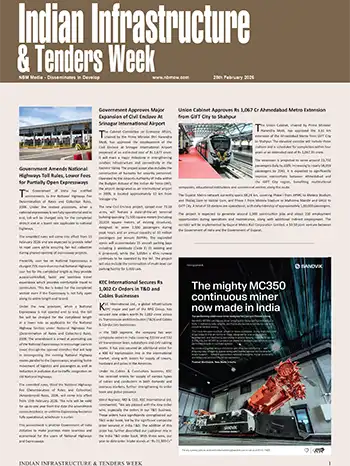How is SOBHA meeting its commitment to being an environment-conscious developer?
SOBHA uses materials with recycled content, for instance, industrial waste such as Ground Granulated Blast-furnace slag (GGBS) to reduce the use of cement; procuring locally to the extent possible; ensuring at least 33% of area in all projects are dedicated green spaces and giving importance to local species.
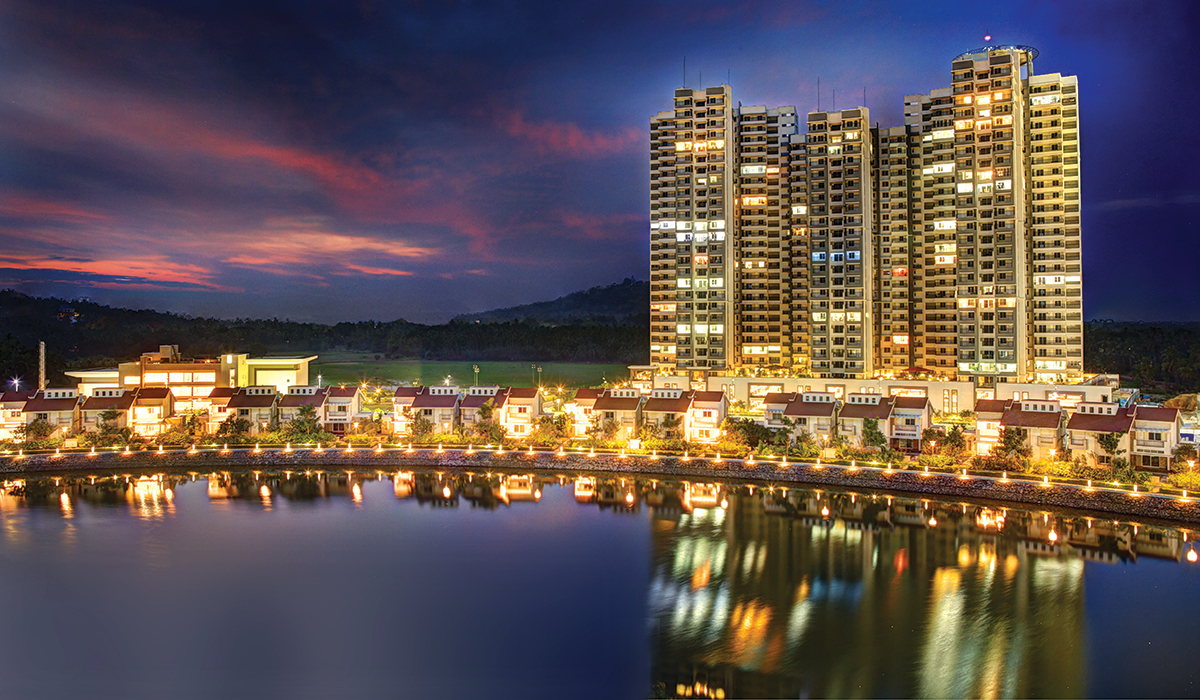
Further SOBHA’s unique backward integration model means it has its own Concrete Products Division; Glazing and Metal Work Division; Interiors Division, and Mattresses Division in Bengaluru. This reduces the pollution associated with transporting materials over long distances. Since inception, SOBHA has always focused on the environment across its projects and operations, with the concept of ‘recycle and reuse’ in-built. All waste generated, be it water or materials, is recycled and reused in projects and factories. This approach limits environmental impact and carbon footprint.
SOBHA’s commitment to sustainable development and implementing cutting-edge, futuristic technologies has been acknowledged and appreciated by prestigious institutions like the Indian Green Building Council.
Prassana Venkatesh G
The company adopts sustainable practices in all its properties, ensuring the availability of potable water as per IS 10500-2012 at kitchen point, adequate flow and pressure in all usage points. We were one of the first adopters of P-traps that ensure adequate water seal and avoid blockages. Water and wastewater for different uses is treated to the best of industry standards. We conduct surface hydrology and hydrogeology studies for storm water drainage and flood mitigation measures, and subsoil drainage system, respectively. Smart water metering that helps monitor usage of fresh water will now be used in all future projects.
How has the growing awareness of green buildings impacted demand?
Consumers and investors now want to be associated with brands that prioritize sustainability. This is because properties that prioritize sustainability not only benefit the environment but also provide a world-class living experience.
This shift in demand is promoting a more sustainable future for the real estate industry. A February 2023 study focused on Bengaluru homeowners revealed the necessity of homes being surrounded by trees and greenery to help people stay healthy and maintain mental well-being. In addition, the number of net zero buildings in India is also on the rise, which includes the Indira Paryavaran Bhawan of the Ministry of Environment and Forests in Delhi, the Akshay Urja Bhavan in Haryana, the Infosys Pocharam Campus in Hyderabad – to name a few. A 2019 study by TERI estimated that “if green buildings were adopted across the country, it could save over 8,400 MW of power, enough to light 5,50,000 homes a year”.
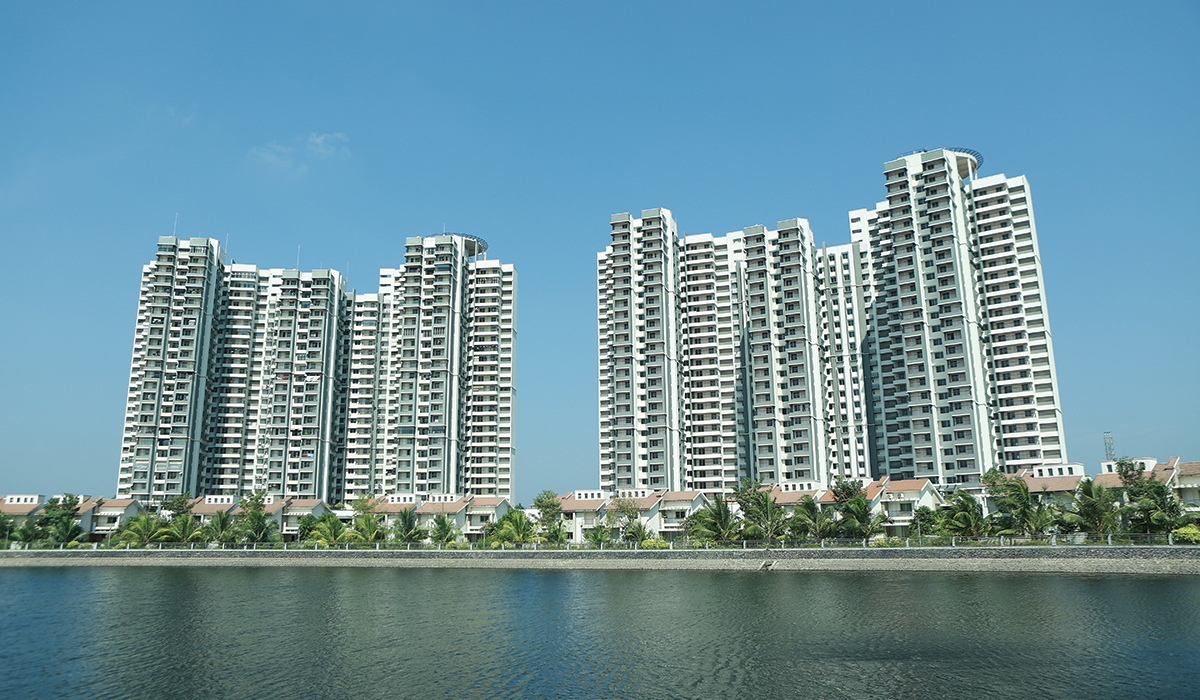
What do SOBHA’s environment-conscious designs include with respect to water and energy savings?
To give an example, at SOBHA City-Thrissur, the design of the surface rainwater harvesting meets with the freshwater demand for the entire year, eliminating dependence on groundwater or any alternate source of water – making this property entirely self-sufficient and sustainable.
The on-site STP treats 100% of generated sewage with provision for using such treated sewage for landscaping and flushing. As standard procedure, oil and grease are separated before letting the sewage enter the equalization tank, which acts as a buffer – collecting the untreated sewage and letting it pass through to the rest of the STP at a controlled rate. Pressure Sand Filter (PSF) and Activated Carbon Filter (ACF) are provided for filtration process after which the treated water is utilized for landscaping purpose. The STP-treated water is used for toilet flushing after passing through the ultrafiltration system which always gives consistent quality of water.
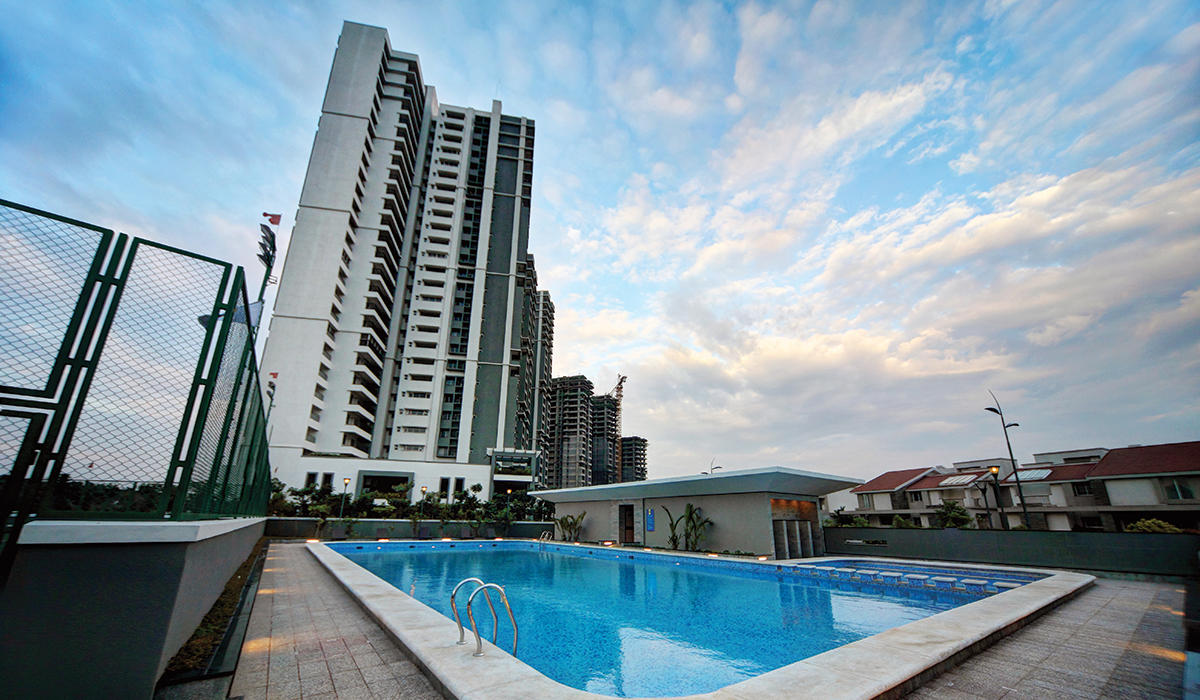
The care and concern with which every treatment plant (from rainwater, wastewater, to sewage) is designed in-house, ensures that we have complete control from design to delivery, with no dependence on external vendors, helping us be more sustainable in our practices. SOBHA uses only the USA-make Environmental Dynamics International (EDI) fine bubble diffuser membranes, which have high oxygen transfer efficiency and a longer lifespan, which means that the need for any replacement reduces, thereby reducing cost and increasing efficiency.
SOBHA has saved 2,000 tons of carbon footprint because of consuming more than 2.36 million units of solar power across its facilities. The company also conserves energy by using separate energy meters for major common area loads so that power consumption can be monitored, and efforts be made to minimize the same.
What benefits do sustainability practices bring to developers?
Sustainable projects tend to have a higher asset value appreciation due to their energy-efficient and eco-friendly features like rainwater, wastewater, and sewage treatment plants, and ensuring maximum green and open spaces.
There is an increasing demand for play areas for children, walking spaces for senior citizens, for a community living experience where people can access amenities at one place. Developers are catering to these evolving needs and demands of customers, given the tremendous potential for buildings to go green – from an environmental and commercial point of view. They are focusing on green building rating systems such as LEED, IGBC, and GRIHA, showing an informed level of understanding of environment-friendly surroundings.
In terms of capex and opex, sustainable projects may require an initial investment in green technologies and materials, but this cost is usually offset by the savings achieved in operational expenses over time. Sustainable projects attract capital from socially responsible investors, making them a favourable investment option. Sustainable projects also provide marketing benefits by differentiating themselves and attracting environmentally and socially responsible customers.
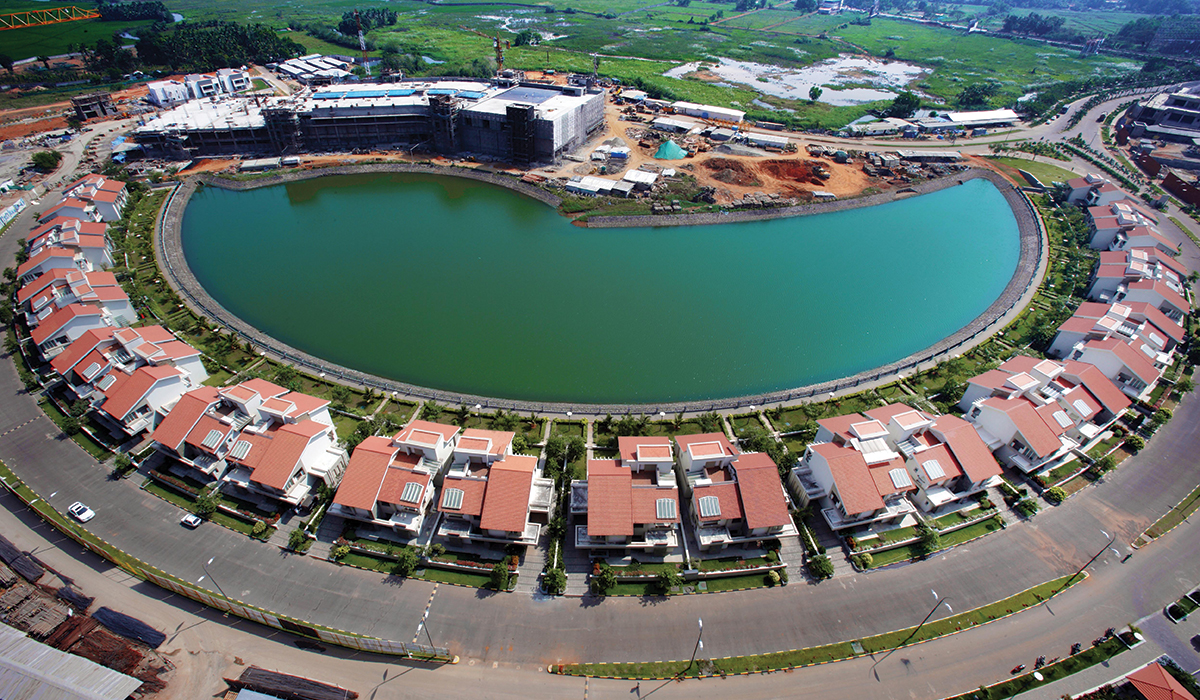
Please elaborate on IGBC’s recognition of SOBHA City Thrissur in Kerala.
SOBHA built the project with a strong focus on environmental sustainability at every stage. Green landscaped areas comprise over 33% of the total project site with over 40,000 native fruit-bearing trees and shrubs, representing around 180 distinct species. In terms of it becoming India’s first Net Water Positive (Platinum) SOBHA City Thrissur demonstrates the company’s vision and focus on enhancing sustainable practices. Envisioned as an integrated and inclusive project, it encompasses residential, commercial, and recreational spaces with every modern amenity.
Covering an area of 55 acres, this project has established a precedent by becoming India’s first property to fulfil its entire freshwater demands solely through rainwater harvesting. This has been made possible due to the efforts of our dedicated environmental engineering team. Further, the project’s irrigational requirements are met with STP-treated water, without relying on groundwater or other supplementary resources, with approximately 20% of surplus rainwater being returned to the environment.
Additionally, as a standard SOBHA practice, an Organic Waste Converter (OWC) has been installed to treat 100% of biodegradable waste such as vegetable waste, meat waste, leaves, fruits, and flowers, into valuable compost that can be used for organic farming. This proven technology does not involve any heating system. A garden shredder is provided to shred garden waste from the landscape area for mixing with the organic waste and to reduce saw dust usage. The resulting product is utilized as manure within the premises.
The materials used in constructing the project were chosen to ensure their sustainability. For instance, across the range of doors that SOBHA manufactures, the materials used are sourced from PEFC-certified suppliers. The Program for the Endorsement of Forest Certification certifies that wood required for human consumption is from a tree that is over 80 years (classified as a tree that has lived its life cycle). Even the veneer and timbre used in the doors are PEFC-certified.

